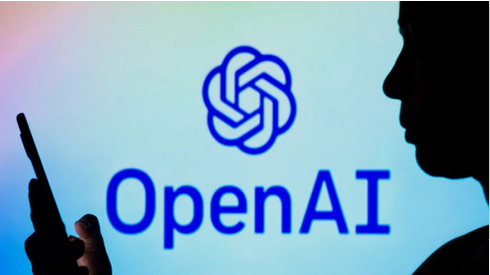Open AI will release anti-disinformation tools in preparation for the 2024 elections.
Open AI, the maker of Chat GPT, has promised to roll out updates that combat disinformation before dozens of elections this year in countries where half the world population lives.
The unprecedented Open AI success of a language generator Chat GPT set in motion the global artificial intelligence revolution but at the same time caused warnings that there could be echoed with misinformation and control voters.
As elections are likely in countries such as the United States, India and Britain this year, Open AI stated that it will not permit its technology—including Chat GPT and DALL-E 3 image generator to be used for election campaigns.
Open AI said in a blog post that we want to ensure our technology is not deployed in such ways as it can upset or compromise the democratic process.
We are currently working to better understand how likely our tools can be of use for personalized persuasion it continued.
Sopa doesn’t permit the development of applications for political campaigning and lobbying until we know more.
The biggest short-term global threat is AI driven disinformation and misinformation, which may erode the new governments in major economies according to a recent report released by World Economic Forum.
The election disinformation fears have been around for years, but the unrestrained access to AI text and image generators has increased this threat according to experts especially if one cannot easily notice that content is fake or altered.
On Monday, Open AI said it was developing attribution tools that would tag generated text outputs from Chat GPT on reliability and also provide users a mean to determine whether any of the images were created using DALL-E.
As early as this year, we will roll out digital credentials adopted from the Coalition for Content Provenance and Authenticity which uses cryptography to embed details about provenance of content.
The coalition, which is commonly referred to as C2PA, seeks better approaches of identifying and tracing digital content. Suppose its members are Microsoft, Sony Adobe and Japanese imaging companies such as Nikon and Canon.
When asked procedural questions on US elections like voting locations, Chat GPT provided by Open AI will direct users to existing authoritative websites.
“The company added, ‘Lessons learned from this endeavor will guide our conduct in other countries and regions.’”
It further stated that DALL-E 3 has 'rails' which restrict users to generate portraits of real people, including candidates.
The new announcement by Open AI is followed after series of steps unveiled last year regarding the US tech giants Google and Facebook parent Meta limiting interference around elections, particularly via use artificial intelligence.
It is not a first occasion when AFP fact checked deepfakes—doctored videos which provide false information about certain objects or phenomenon. For example, AFP previously has already debunked several such fakes concerning US President Joe Biden’s announcement of the military draft and former secretary of state Hillary Clinton who endorses Florida Governor Ron DeSantis for president have been registered before
In the weeks leading up to this month’s presidential election in Taiwan, AFP Fact Check found that doctored footage and audio of politicians were circulated on social media.
Although most of these materials are poor and it is not immediately apparent that they were created with AI applications, experts assert an information mistrust crisis in political institutions.





